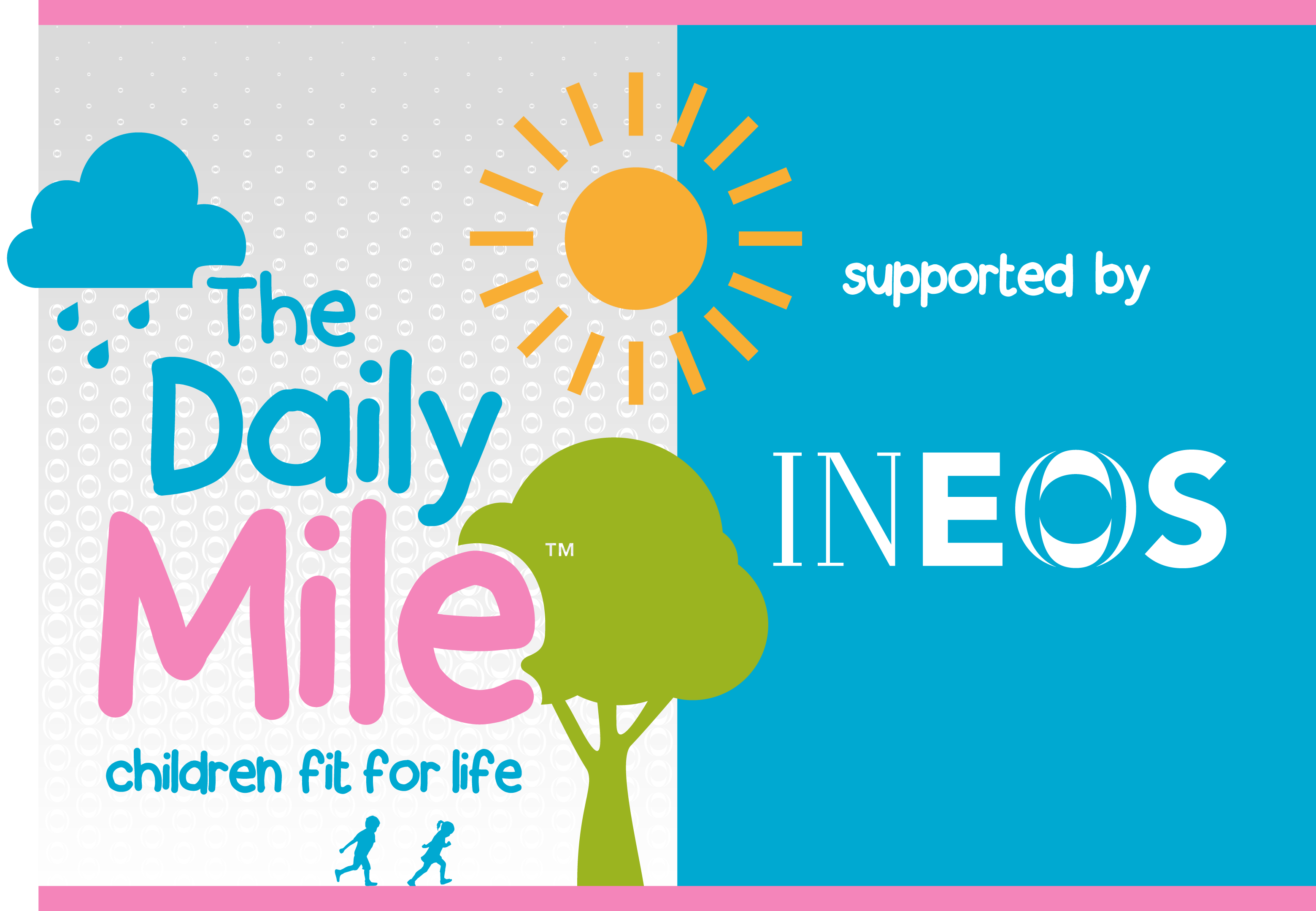Identification of types and levels of physical activity throughout childhood for healthy growth and development
Article title: Identification of types and levels of physical activity throughout childhood for healthy growth and development.
Researchers at Anglia Ruskin University’s Cambridge Centre for Sport and Exercise Sciences undertook a literature review into the levels of physical development in children that relates to the level/type of movements and exercise that should be advised for three age groups, on behalf of Start-Rite Shoes.
Through conducting the review, they found that for children aged 6-10 years old:
- Government guidelines state that from the age of 5+ children and young people should engage with an average of at least 60 minutes of moderate-to-vigorous physical activity (MVPA) per day.
- The World Health Organisation (WHO) suggests that 3 sessions of physical activity per week should be vigorous activity, which focuses on strengthening muscle and bone.
- Children who meet these physical activity guidelines were shown to have greater wellbeing scores, are fitter and carry these benefits into later life.
- Higher levels of physical activity and fitness were also linked to better metabolic health and increased gross motor competence.
- Another key benefit of physical activity in children is the positive effect on bone mineral density which is important for healthy ageing.
- Organised school activities, such as The Daily Mile, and play times are key periods for physical activity for children.
- Children’s cardiovascular fitness was found to decrease, and body mass index (BMI) increase, following summer holidays.
In addition, they found that for young children aged 0-5 years old:
- Children aged 3-4 years old engage in an average of 3 hours of physical activity per day, 2 hours of which is classified as MVPA.
- Increased physical activity in this age group shows a positive relationship with cardiometabolic health and bone mineral density, plus a negative relationship with obesity.
They conclude that physical activity has been shown to have positive mental health benefits – in children as young as 6-years old – when the guideline 60-minute per day (on average) across a week, with three sessions of MVPA, are met. It is particularly interesting that in studies of children, where activity has been objectively measured, less than 10% of children are meeting these guidelines. School play times, organised sports and physical activity, and activities which include family members are suggested to be key to increasing the levels of physical activity in children. Across all age groups, it is accepted that positive experiences of physical activity in childhood has lifelong positive effects on mental health and wellbeing.
For more information, download the full report.




